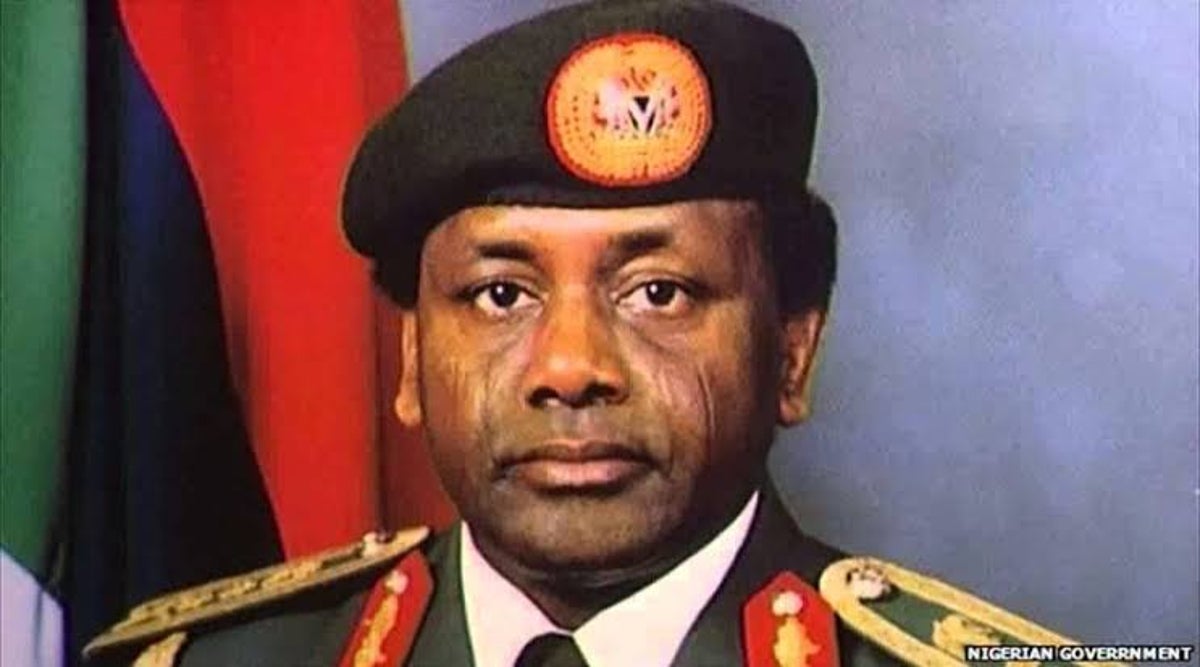The Civil Society Legislative Advocacy Centre (CISLAC) has called for a full disclosure of the infrastructural project reportedly funded by repatriated loots.
SEE ALSO: FOCAC: Nigeria-China partnership yields over $5bn in projects – Buhari
The center, in a statement issued in Abuja on Tuesday, also lauded the Federal Government on its efforts to repatriate Nigeria’s stolen asset.
CISLAC Executive Director Auwal Musa-Rafsanjani, in the statement, demanded full disclosure of the contractual agreement deals to be funded by the recoveries.
He said that the call was paramountly owning to a just-announced landmark agreement among the Federal Government, the Island of the Jersey and U.S. for the repatriation of assets looted by the late Head of State Sani Abacha.
According to him, on behalf of Nigeria, the Attorney-General and Minister of Justice Abubakar Malami is expected to sign the tripartite agreement with the Island of Jersey and the U.S. for repatriation of the looted assets.
Musa-Rafsanjani said that the disclosure of the contractual agreement and arrangement of the deals and projects to Nigerians was necessary to prevent re-looting and misuse of the recovered assets.
“We are awaiting full disclosure of the details of the deals such as the infrastructure projects for Lagos-Ibadan Expressway, Abuja-Kano road, and the 2nd Niger Bridge reported being funded by these repatriated assets.
“We urge the government to comply with the 10 Global Forum for Asset Recovery (GFAR) principles as signed by the Government of Nigeria in 2017 in Washington.
“Particularly, the Transparency and Accountability principle; the Nigerian public, through independent and competent civil society, be given unrestricted access to the contractual arrangement agreement.
“The public has the right to know how these infrastructure projects were selected, which party will oversee the procurement, how the quality of the work will be verified and all other relevant details,’’ he said.
Musa-Rafsanjani said that the demand for full disclosure of the project was also in line with the GFAR principle five on beneficiaries.
According to him, the recovery of stolen assets should benefit strictly the victims of corrupt practice.
He also said that the principle of preclusion of benefits to offenders must prevent corrupt individuals from benefiting from the repatriation of the assets.
He advised that Nigerians, the media, competent civil society organizations, and non-governmental organizations should be formally invited to independently observe and supervise the utilization of the assets.
Musa-Rafsanjani, however, urged the government to continue to push for reforms that would lead to the establishment of an accountable and transparent monitoring framework for recovered loots.
He said this was the only way domestic and international recoveries could be channeled towards the implementation of Sustainable Development Goals and other initiatives targeting the most vulnerable in society.



Leave a Reply